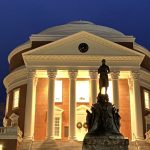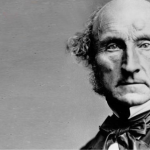Trusteeship
Southern Exposure
ACTA’s 12th state higher education report examines questions of great urgency for the state of Mississippi: How should individual public universities choose their leadership? Are the public universities careful stewards of taxpayer dollars? Is free speech protected on Mississippi’s college campuses? The report assesses institutions on measures of academic strength, intellectual diversity, cost effectiveness, and […]









